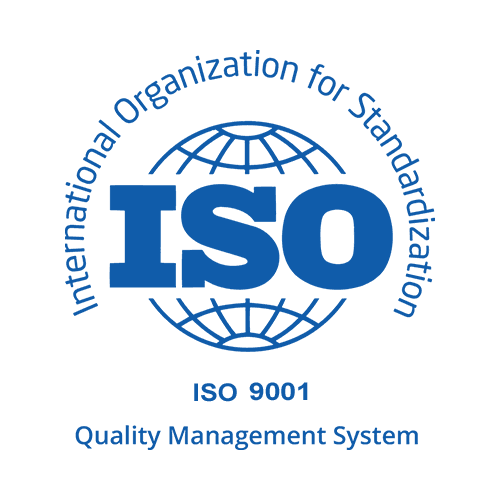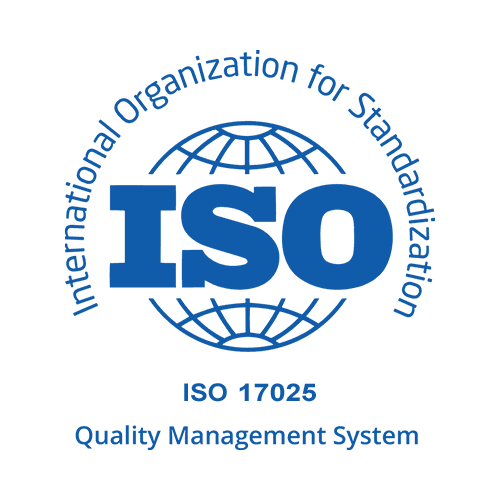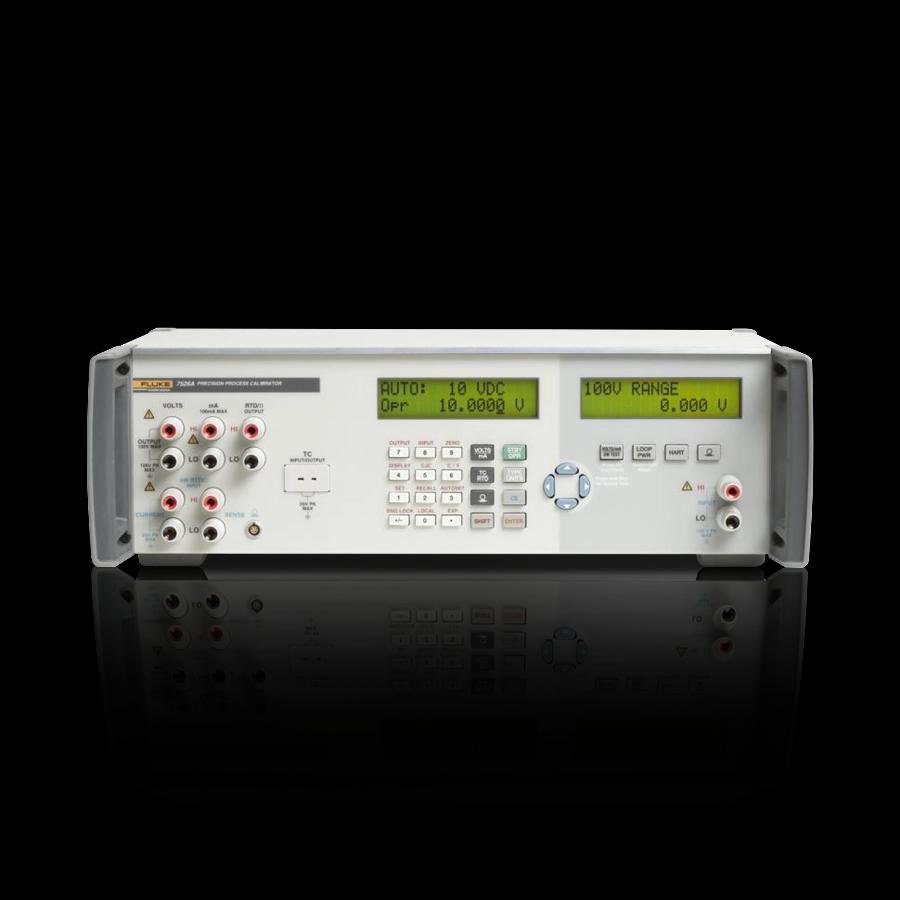Electrical Calibration is the process of verifying the accuracy and performance of electrical measuring devices such as multimeters, oscilloscopes, power analyzers, and other test and measurement instruments. It is important because accurate measurements are crucial for a variety of industries including manufacturing, electronics, scientific research, energy, and telecommunications, among others. Incorrect measurements can lead to costly mistakes, reduced productivity, decreased safety, and compromised data.
In Australia, electrical calibration is performed according to relevant standards such as ISO 17025, the National Association of Testing Authorities (NATA), and the International Electrotechnical Commission (IEC). These standards set guidelines for the technical competence, impartiality, and consistency of calibration services.
CI Scientific is a reputable and experienced provider of electrical calibration services in Australia. They offer a range of services including on-site calibration, laboratory calibration, and asset management. Their team of qualified and experienced technicians use state-of-the-art equipment and techniques to provide accurate and reliable calibrations.
By choosing CI Scientific for their electrical calibration needs, customers can benefit from their experience, expertise, and commitment to quality, as well as their compliance with relevant standards and requirements.
Industries that use electrical calibration services include manufacturing, energy, telecommunications, medical equipment, and transportation. Electrical calibration is important for these industries as it helps ensure that their electrical equipment and devices are functioning accurately and safely, which can help prevent costly downtime, product defects, and safety hazards.
- Manufacturing industry uses electrical calibration to maintain the accuracy of electrical equipment used in the production process, prevent defects in the final products and ensure consistent quality of the products.
- Energy industry uses electrical calibration to maintain the accuracy of electrical measuring instruments and to ensure the safety of the electrical system.
- Telecommunications industry uses electrical calibration to maintain the accuracy of communication equipment, ensure reliable and consistent performance and prevent downtime.
- Medical equipment industry uses electrical calibration to ensure the accuracy and safety of medical equipment and to comply with regulatory requirements.
- Transportation industry uses electrical calibration to maintain the accuracy of electronic systems in vehicles, prevent malfunctions and ensure compliance with safety standards.
Additionally, some industries, such as the medical sector, require regular electrical calibration by regulatory bodies. Choosing CI Scientific for electrical calibration can benefit industries by providing them with accurate, reliable, and traceable calibration services, which can help ensure that their equipment is operating within the specified tolerance levels.
In Australia, electrical calibration is regulated by the National Measurement Institute (NMI), which is the Commonwealth Government's national metrology organization. The NMI sets the standards for electrical calibration and provides accreditation for calibration service providers.
The following are some of the standards, procedures, and certificates for electrical calibration in Australia:
- Standards: The NMI follows the International System of Units (SI) and International Electrotechnical Commission (IEC) standards for electrical calibration.
- Procedures: Calibration service providers must follow established procedures for electrical calibration, which typically include the testing and adjustment of electrical instruments to ensure they are accurate.
- Certificates: Calibration service providers must provide a certificate of calibration for each instrument they calibrate, which includes the measurement uncertainty, measurement range, and the date of calibration.
- Accreditation: The NMI provides accreditation to calibration service providers that meet the requirements for competence and impartiality. Accredited service providers are recognized as being capable of providing high-quality calibration services.
It is important for organizations to choose a calibration service provider that is accredited by the NMI, as this ensures that the calibration services provided meet the required standards and provide accurate results.
Electrical calibration is necessary for a variety of electrical and electronic test and measurement equipment to ensure their accuracy and performance. Some common types of equipment that require electrical calibration include:
- Multimeters: These are used to measure electrical parameters such as voltage, current, resistance, and continuity.
- Oscilloscopes: These are used to measure and display electrical signals, such as voltage and current, over time.
- Power Supplies: These are used to supply electrical power to other devices for testing and calibration purposes.
- Function Generators: These are used to generate various types of electrical signals, such as sine waves, square waves, and triangle waves.
- Clamp Meters: These are used to measure electrical parameters, such as current and voltage, without breaking the circuit.
- Calibrators: These are specialized devices used to calibrate other electrical and electronic test and measurement equipment.
- Resistance meters: These are used to measure the resistance of a component or circuit.
- Insulation testers: These are used to test the insulation resistance of electrical cables and systems.
- Current probes: These are used to measure the current in a circuit by sensing the magnetic field around the conductor.
- Voltage probes: These are used to measure the voltage in a circuit by sensing the electrical potential difference between two points.
It is important for organizations to have their electrical and electronic test and measurement equipment calibrated regularly to ensure accuracy and compliance with regulations.




